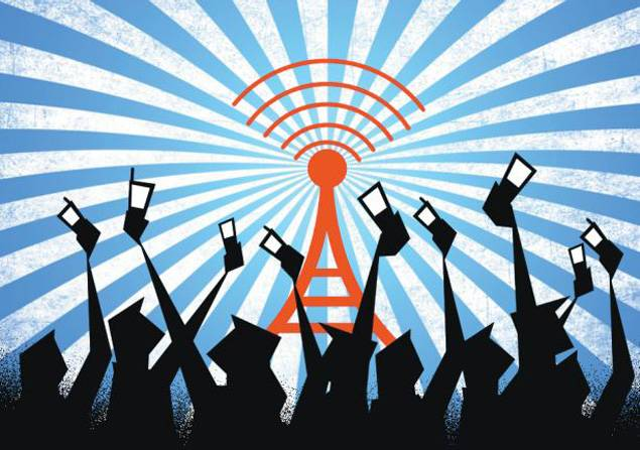
How does internet access improve lives in developing countries?
Internet access can help to improve access to information, opportunities, and services, and can contribute to the overall well-being and development of communities in developing countries. Five examples include:
- Education: Internet access can provide people in developing countries with access to a wealth of educational resources, including online courses, educational videos, and other materials. This can help to improve the quality of education and expand opportunities for learning, especially for people in remote or underserved areas.
- Employment: Internet access can help people in developing countries to find and apply for jobs, as well as connect with potential employers and clients. It can also enable people to start and run their own businesses, providing a source of income and economic opportunities.
- Healthcare: Internet access can provide access to health information and resources, including telemedicine services, which can improve access to healthcare and lead to better health outcomes.
- Communication: Internet access can help people to stay connected with friends and family, and to access news and information from around the world. It can also facilitate the exchange of ideas and facilitate collaboration with others.
- Political participation: Internet access can provide a platform for people to engage in political discourse and participate in the democratic process, helping to promote transparency and accountability in governance.
Surprise! More Internet Bandwidth Leads to Worse User Experiences
In rural developing communities, access is often provided through slow satellite or other low- bandwidth long-distance wireless links, if available at all. As a...
Are You Guilty of Helping Safaricom Prey on Rural Women?
There are multiple development initiatives to increase women’s ownership and usage of mobile phones – everyone from GSMA to USAID to Mobile Network...
5 Tools for Secure Communications and Data Storage
Many local partner organizations that international development actors engage with face risks while operating in challenging – and sometimes dangerous – environments....
Apply Now for $240,000 in Grants for African ICT4D Projects
The Fund for Internet Research and Development (FIRE Africa) has over US$240,000 in grant funding to support projects that use ICT to develop innovative solutions...
The Global Archipelago of Internet Disconnection
For many people around the world, Internet access is an essential part of everyday economic, social and political activities (cf. Graham & Dutton, 2014). Yet...
We Are Coming Full Circle From AOL to Facebook: What Can We Learn?
A Quartz study from last year, building off of previous findings from Helani Galpaya and Christoph Stork, reported that majorities of people in the world’s 2nd,...
What If Everyone Had Free 2G Mobile Internet Access?
Imagine a world where all phones were automatically connected to the Internet, at no charge. Is this an idle fantasy?
The current worldwide debate about Zero-Rating...
Will Outernet Bring Connectivity to the Unconnected Parts of the World?
Nearly 5 billion people today lack basic Internet access due to poor telecom infrastructure or government censorship policies. These people are increasingly becoming...
Internet in Cuba: A New Medium for Individual Freedoms?
The famous Cuban blogger Yoanni Sanchez once called Cuba the island of the disconnected. According to Cuba’s 2011 official government statistics, a mere 25% of...
Key Success Factors for ICT4D Solutions for Base of the Pyramid Consumers
Over the past decade, many organizations have leveraged newly available broadband to set up sustainable projects that better include the base of the pyramid (BOP)...











